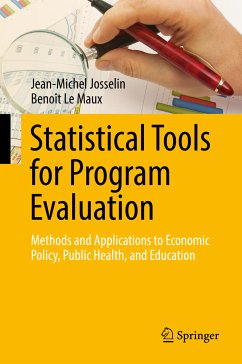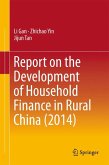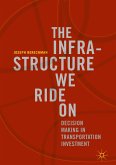This book provides a self-contained presentation of the statistical tools required for evaluating public programs, as advocated by many governments, the World Bank, the European Union, and the Organization for Economic Cooperation and Development. After introducing the methodological framework of program evaluation, the first chapters are devoted to the collection, elementary description and multivariate analysis of data as well as the estimation of welfare changes. The book then successively presents the tools of ex-ante methods (financial analysis, budget planning, cost-benefit, cost-effectiveness and multi-criteria evaluation) and ex-post methods (benchmarking, experimental and quasi-experimental evaluation). The step-by-step approach and the systematic use of numerical illustrations equip readers to handle the statistics of program evaluation.
It not only offers practitioners from public administrations, consultancy firms and nongovernmental organizations the basic tools and advanced techniques used in program assessment, it is also suitable for executive management training, upper undergraduate and graduate courses, as well as for self-study.
Dieser Download kann aus rechtlichen Gründen nur mit Rechnungsadresse in A, B, BG, CY, CZ, D, DK, EW, E, FIN, F, GR, HR, H, IRL, I, LT, L, LR, M, NL, PL, P, R, S, SLO, SK ausgeliefert werden.









